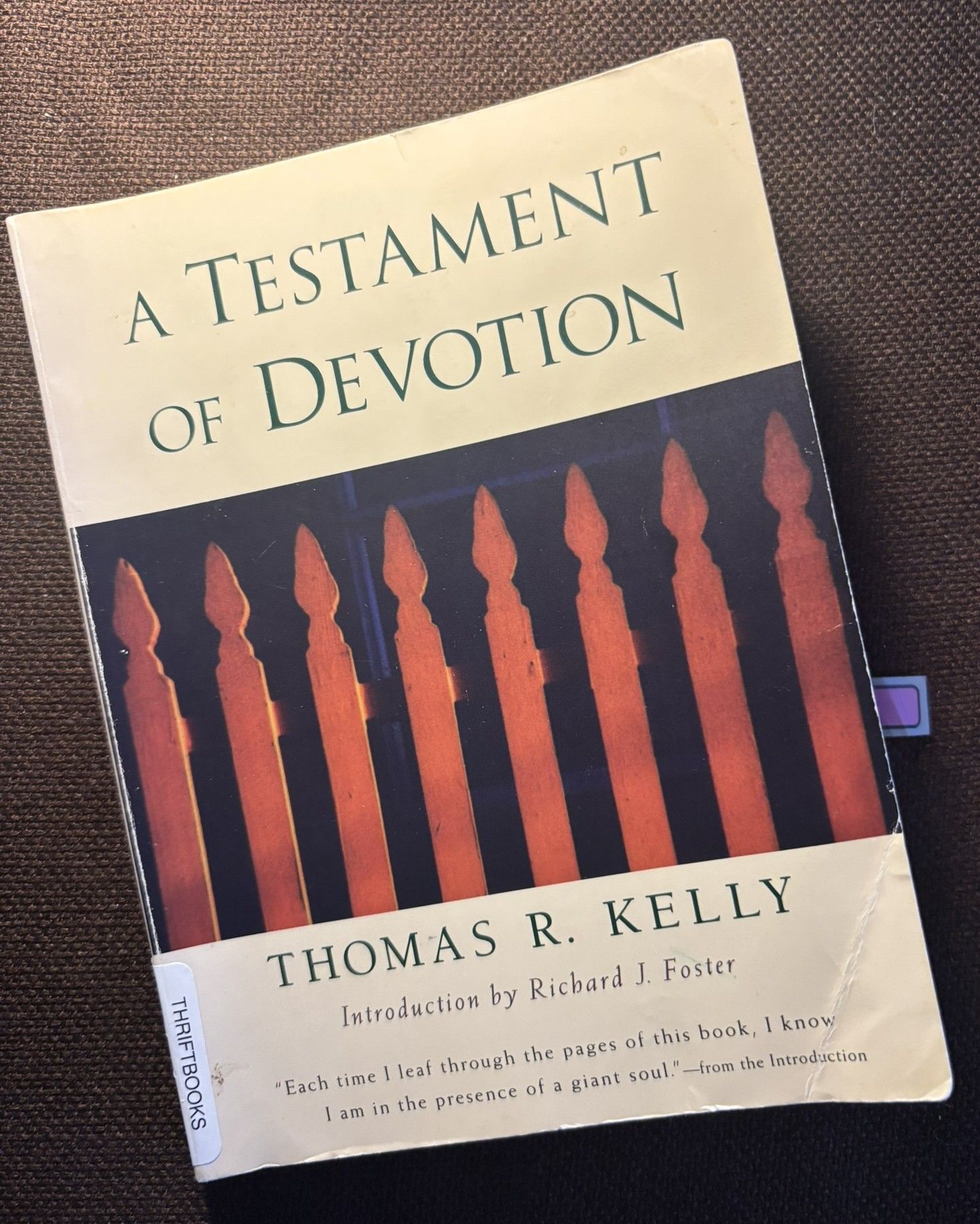Dangerous Curves Ahead
One obstacle to steady progress is the battle between the desire for immediate gratification and the sacrifice and discipline required to develop character and to improve the quality of life for all in our society.
“[George] Eliot was a meliorist. She did not believe in big transformational change. She believed in the slow, steady, concrete march to make each day slightly better than the last. Character development, like historic progress, best happens imperceptibly, through daily effort.”
~David Brooks, The Road to Character, p. 183

I admit it, I did not know what a meliorist was until I looked it up. Having checked it out, I had to agree with Mr. Brooks, and with Ms. Eliot [nèe Mary Anne Evans]. Meliorism, according to the trusty online Free Dictionary, is 1. The belief that the human condition can be improved through concerted effort. 2. The belief that there is an inherent tendency toward progress or improvement in the human condition.”
Wikipedia goes further, explaining that meliorism (from the Latin melior, meaning “better”), among other interesting facts, is “a conception of the person and society, is at the foundation of contemporary liberal democracy and human rights and is a basic component of liberalism.” William James and John Dewey are among the notables who have used this word and concept in their writing.
Well, that little information-hunting jaunt took me quite a bit deeper than I’d expected.
And it gave me pause.
Question: Do I, Michael, ascribe to meliorism? (At least the simplified definition here, I’m sure the idea is much more complex.)
These days, the deep roots of our democratic society - perhaps most notably and observably, the civil discourse and give and take of multiple constituencies - seem to becoming dismantled by forces - some perhaps intentional, most perhaps just situational - which are upending the Great Experiment of Democracy in the United States. This extraordinary experiment has resulted in the slow and steady victory of voting rights; the honoring and protection of freedom of speech and expression; the betterment of a quality of life for all sectors of society, not just in material wealth but in the wealth of ideas and opportunity; and so much more. This has been fought for again and again and again, with blood and courage and the resources of a nation. It’s not been nor is it perfect, but it has been melioristic, if I may be so bold to say. Steady improvement since our nation was founded.
The lives Mr. Brooks portrays in The Road to Character – Dwight Eisenhower, Dorothy Day, George Marshall, St. Augustine, Frances Perkins, A. Philip Randolph, Samuel Johnson, Eliot, among others – show similar paths, “They had to go down to go up. They had to descend into the valley of humility to climb to the heights of character”. “In the valley of humility,” Brooks writes, “they learned to quiet the self…when they had quieted themselves, they had opened up space for grace to flow in.” Soon, these folks, “feel themselves in the uplands of joy and commitment…” “They don’t come out healed; they come out different. They find a vocation or calling. The commit themselves to some long obedience and dedicate themselves to some desperate lack that gives life purpose”.
Brooks calls this descent and then ascent the “U-Curve”. Christians might make a U-Curve connection to St. John’s “dark night of the soul”, or to the Paschal Mystery itself. Mythologists might consider Theseus’ trip through the labyrinth to defeat the minotaur. One must go down and something must change before heading back up.
Regardless of the metaphor we might use, the idea that our historic democracy feels like it is crumbling a bit more day-by-day perhaps signals that before our country can move upward, it’s going to have to descend and transform. If, after that, we emerge as a better people, a more loving and caring and generous society, then so be it. I am applying the U-Curve concept, then, to our country, it seems.
Meliorism, if I read it right, improves society over time through “concerted effort”. The road back to a nation of character – civil, respectful, generous, courageous, sacrificial, humble – will take time, patience, and we may not see the results in our lifetime.
How many people and groups care about such matters?
To answer my own, earlier question, do I, Michael, ascribe to meliorism?
Answer: Yes. But also that it may be an arc with fits and starts and ups and downs and forward and backward over centuries.
One obstacle to steady progress is the battle between the desire for immediate gratification and the sacrifice and discipline required to develop character and to improve the quality of life for all in our society. It’s cake now or health twenty years from now. ( “Let them eat cake”, famously attributed, probably falsely, to Marie-Antoinette, has not lost its significance either.) It's quarterly results versus strategic development over time. These are not mutually exclusive, but where do our behaviors tell us our hearts are? Where is our real commitment? Immediate satisfaction or long-term human flourishing?
Character development for an individual – slow steady progress based on sacrifice, intention, and perseverance.
Character development for a nation, for a society?
I suggest it will require the same.
Caution, dangerous curves ahead.
Sources/Resources
Brooks, D. (2015). The road to character (First edition. ed.). Random House.












